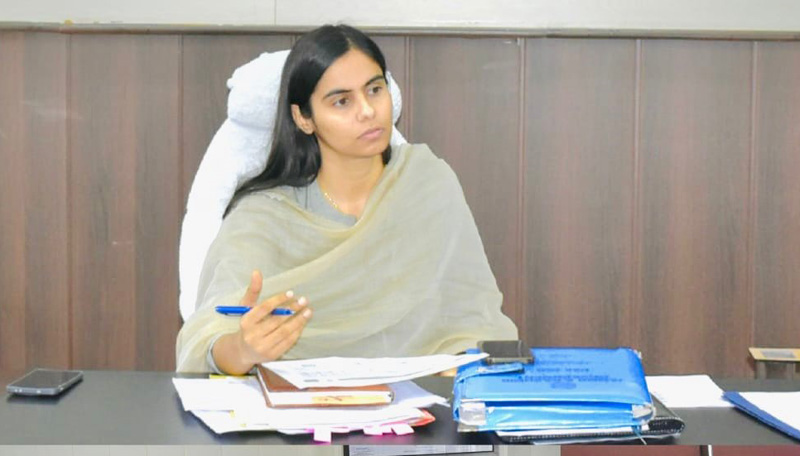India is rapidly advancing the use of blockchain technology to strengthen digital governance, boost transparency, and build public trust under the National Blockchain Framework (NBF). Officially launched on September 4, 2024, with an initial allocation of ₹64.76 crore, the NBF establishes a unified digital architecture for deploying blockchain solutions across government services and public platforms.
Once primarily linked with cryptocurrencies, blockchain has evolved into a transformative digital innovation that enables verifiable trust without intermediaries. Unlike Artificial Intelligence, which depends on computational power, blockchain’s strength lies in its tamper-proof, distributed ledger system, where records are securely maintained across multiple nodes—ensuring data integrity and preventing unauthorized alterations.
The Ministry of Electronics and Information Technology (MeitY) spearheaded the NBF to integrate blockchain into public service delivery, with the goal of improving efficiency, accountability, and transparency. At its core is the Vishvasya Blockchain Stack, a modular, indigenous platform offering the technical foundation for building and deploying permissioned blockchain applications. The stack includes Blockchain-as-a-Service (BaaS), distributed infrastructure hosted at NIC data centers in Bhubaneswar, Pune, and Hyderabad, a permissioned blockchain layer for verified participants, and open APIs to ensure smooth integration with e-governance systems.
To promote experimentation and innovation, the NBF also includes NBFLite, a sandbox environment that enables startups, researchers, and academic institutions to prototype blockchain-based applications in areas like supply chains and digital certification. Another initiative, Praamaanik, uses blockchain to verify the authenticity of mobile applications—safeguarding users against fraudulent apps and fake customer support services.
The National Blockchain Portal serves as a central resource outlining India’s strategic direction for blockchain adoption across governance and industry. It emphasizes standardization, interoperability, and innovation, positioning India among a select few nations leading large-scale, multi-sector blockchain initiatives.
Several blockchain-enabled systems are already transforming governance and service delivery:
Certificate and Document Chains facilitate secure issuance, storage, and verification of academic and government documents—such as caste, income, and birth certificates. Over 34 crore documents have been validated through India’s blockchain platform, ensuring authenticity and reducing delays.
The Logistics Chain enhances transparency in supply chains by recording every transaction in a tamper-proof ledger. In Karnataka’s Aushada system, blockchain enables traceability of medicines from manufacturers to hospitals, verifying quality and expiry to prevent counterfeit drugs.
The Judiciary Chain and Inter-Operable Criminal Justice System (ICJS) improve efficiency within the justice system by maintaining secure, time-stamped records of judicial documents. More than 39,000 ICJS and 665 judiciary documents have already been verified, streamlining case management and minimizing manual work.
The Property Chain ensures transparency in land and property transactions, enabling verification of ownership and rights while reducing disputes.
India’s blockchain roadmap also includes regulatory reforms and capacity-building initiatives. The Centre of Excellence in Blockchain Technology, established by NIC, offers consulting, training, and support for pilot projects, working with platforms such as Hyperledger Fabric, Hyperledger Sawtooth, and Ethereum. The Telecom Regulatory Authority of India (TRAI) employs blockchain-based Distributed Ledger Technology to track SMS transmissions, ensuring compliance and protecting consumers. Meanwhile, the Reserve Bank of India (RBI) is leveraging blockchain for the Digital Rupee, promoting traceable and transparent digital payments to enhance financial inclusion. Similarly, the NSDL uses blockchain for Debenture Covenant Monitoring, modernizing capital market oversight.
To build skilled expertise, MeitY has launched several training programs—including the Post Graduate Diploma in FinTech & Blockchain Development, C-DAC’s BLEND course, and FutureSkills PRIME—alongside capacity-building programs for government officials.
Looking ahead, the government is exploring new use cases such as blockchain-based land records, blood bank management, GST monitoring, and public distribution systems, aiming to further improve efficiency, accountability, and citizen trust in governance.













